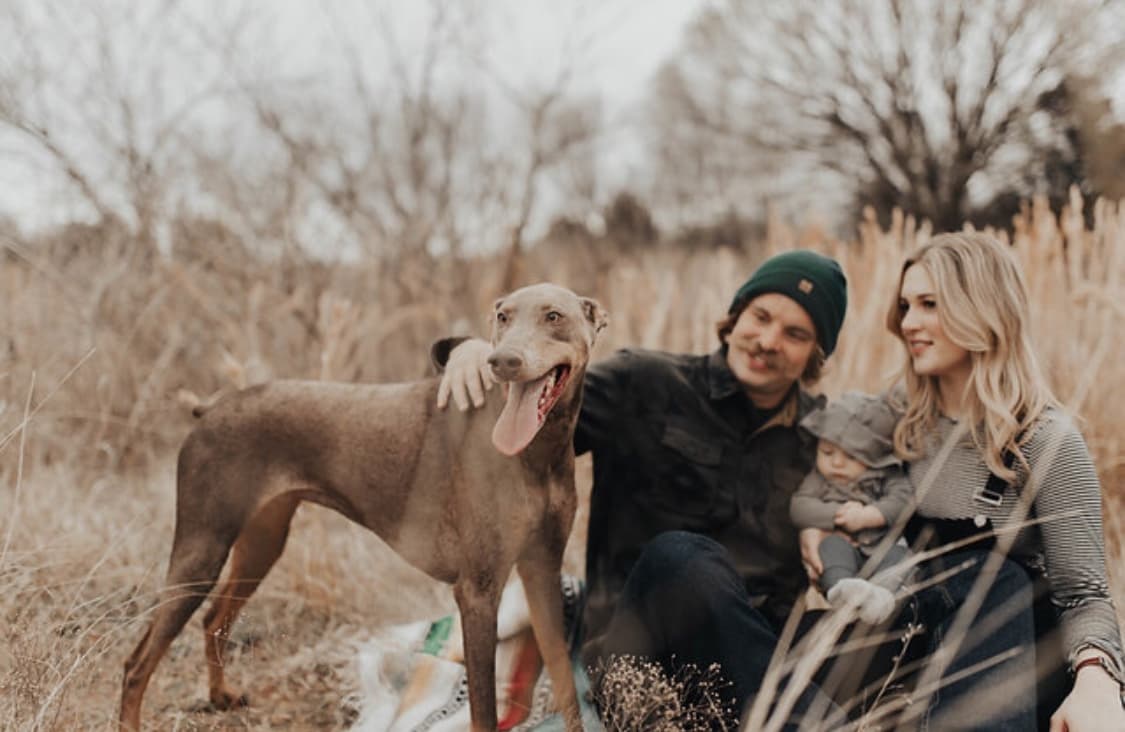
Photo by Caroline Eliza
There are 3.3 million dogs housed in animal shelters each year. You can celebrate Adopt-a-Dog Month this October by adopting a homeless dog, providing it with a home, and gaining years of joy and companionship. But whether you are planning to adopt a new pet or already have one (or several), it is important not to forget to make arrangements for their care if something should happen to you.
Consider a Pet Trust
Although many pet owners consider their pets as members of their family, they often neglect to include their pets in their estate planning. Pet owners may assume that family will care for their pets if they become ill or pass away. But this can create a dilemma for family members who are unable to afford the costs of caring for another pet or who may not be animal lovers themselves. In the worst-case scenario, your beloved pet could end up in a shelter, where it could be euthanized if it is not adopted.
Making arrangements for your pet in your will may not be the best option, because it leaves the fate of your pet in limbo while your estate is probated—a process that could take several months. In addition, even if you name a caretaker in your will and give that person a gift intended to be used for your pet’s care, with a will, there is no way to guarantee that your wishes are ultimately carried out: The person you named could just take the money and give your pet away. Because your pet becomes the property of that person, the caretaker is free to make decisions about it that might be contrary to your wishes. Also, if the caretaker has any creditors or liabilities, the money you have provided for your pet’s care will be vulnerable to claims made by the caretaker’s creditors.
A pet trust will ensure that a caretaker of your choice is in place as soon as you are no longer able to care for your pet. In addition, the terms of the trust are binding, and the money you provide for your pet’s care must be disbursed and spent in the way you have designated in the trust—and can’t be reached by the caretaker’s creditors. The caretaker has a fiduciary obligation to take care of your pet in the way you spell out in the trust, and the trustee has a fiduciary obligation to make sure that the funds provided to the caretaker are used only for the purposes described in the trust. The trust could specify that the trustee will distribute money to the caretaker only for the benefit of the pet. Alternatively, the trust could require the trustee to make payments directly to veterinarians and other service providers for the pet.
Steps to Set Up a Pet Trust
(1) Choose a caretaker. It is important to give thought to who will be the best caretaker for your pet. Be sure to obtain the consent of the person you would like to care for your pet: Don’t just assume someone is able or willing to take on the role. You can also name back-up caretakers if the initial caretaker is unwilling or becomes unable to care for your pet in the future.
(2) Choose a trustee. One way to ensure that the money you provide in the trust is used only for the benefit of your beloved pet is to appoint a separate person to be the trustee. In this case, the person caring for your pet is not the same person managing the money, providing a check on the caretaker and oversight on how the money is spent. The trustee can be a trustworthy person who is good at managing money but not at providing day-to-day care for a pet.
(3) Include instructions for pet care. These instructions can be included in the terms of the trust, but a better option may be to set forth the instructions in a separate document that is referenced in the trust agreement. The use of a separate document will enable you to easily update or modify the care instructions in the event that your pet’s needs change over time. You can provide specific instructions for exercise and grooming, general care, medical care, and even a memorial for your pet.
(4) Determine the amount of funds that will be needed. This will vary widely depending upon the type and number of pets you own. Less money will be needed to care for an older cat than for a younger macaw (lifespan of 50 to 100 years in captivity) or a red-eared slider turtle (lifespan of 40 years in captivity). In addition, an exotic animal such as a reptile or bird is generally more expensive to care for than the average cat or dog.
Note: The laws of some states establish funding limitations for pet trusts. If someone contests the terms of the trust, a court can reduce the amount of funding for the trust and redirect it to other beneficiaries as specified in the statute if the amount of funding you have specified is found by the court to be excessive. As a result, you should consult with us to be sure that your trust complies with the law. Otherwise, your money could go to a beneficiary that you would not have chosen.
(5) Designate a remainder beneficiary. In case the funds you provide for your pet’s care are not exhausted, you should name another beneficiary to receive any remaining money upon the trust’s termination. This could be a person or a charity: It is completely up to you.
Some states have limitations on the length of a pet trust, for example, 21 years. This may not be long enough for pets with longer lifespans, so check with us to be sure that the trust you establish will last for your pet’s entire lifespan. The trust can be set up in another state if necessary.
Additional Plans for Pet Care
You should also consider a durable power of attorney for pet care, which will authorize a caretaker to obtain medical care for your pet while you are traveling. In addition, a wallet card listing your pets and their location will provide notice that you have animals in need of attention if you become incapacitated or die while you are away from home so they will not be left without food and water for an extended period of time.
Contact Us for Help
If you are concerned about what will happen to your pets if you are unable to care for them, we can help you make arrangements for their care. You can gain peace of mind by not leaving your pet’s future up to chance. A pet trust will ensure that your beloved companions are well cared for and that your wishes are respected. Give us a call to set up a consultation.


